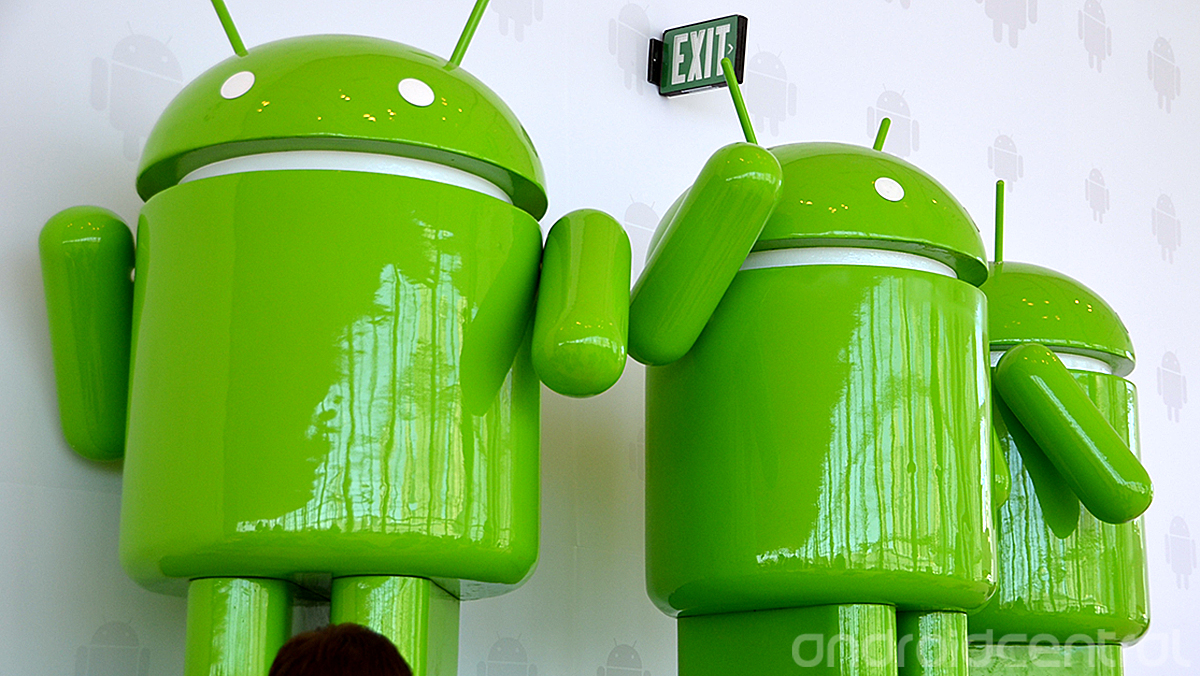Will Google ever bring Android and ChromeOS together?

Get the latest news from Android Central, your trusted companion in the world of Android
You are now subscribed
Your newsletter sign-up was successful
When Google acquired Android in 2005 and subsequently unveiled it in 2007, there was no such thing as ChromeOS yet. Google’s entire OS effort was on Android, and separately the company worked on the Chrome browser for desktop and mobile operating systems.
Over the last year we’ve started to see Google have success with ChromeOS in the notebook computer market. Android and ChromeOS are both based on Linux, but that’s pretty much where the similarities end. ChromeOS is a very thin client, almost everything is done via the browser.
On a personal level, I’ve now gotten to the point where I’d rather consume content on a touch screen device. I prefer swiping my finger on a screen to navigate a website rather than being forced to use a trackpad. This tells me all computers will be touchscreen soon, just like all mobile devices already are.
(UPDATE: A few people interpret this to mean I'm suggesting keyboards or mice/trackpads will be taken away. I didn't think this clarification would be required considering some Windows machines and the Chromebook Pixel have already introduced touch as an added input mechanism without taking anything away, but apparently it is necessary to make explicitly clear.)
So this raises the question — why would Google want to maintain two operating systems down the road? I don’t think they want this. And I’m trying to get my head around the possible solutions.
(I’d love to see some great discussion in the comment area from those who are more technically savvy with regards to software.)
It seems to me that ChromeOS is all about the Chrome browser, a thin OS, and HTML5 apps. I think we’re still very early days into HTML5, whereas Java seems to be regarded as long in the tooth. BlackBerry ran with Java for many years, and even they’ve abandoned it now. My understanding is that most Android app development still uses Java. Is this bound to change? In the next 5 years is HTML5 bound to be the de-facto design choice? If Google can put together an impressive SDK for ChromeOS where mostly-HTML apps run inside of an incredibly powerful Chrome browser, what else needs to be done?
Get the latest news from Android Central, your trusted companion in the world of Android
And assuming Google would prefer to consolidate into a single OS, could they create a ChromeOS Android app player to bridge the two operating systems and eventually push all developers to support only one OS?
I’m not pretending to know all of the answers here. But I do think it’s an interesting topic for discussion., and I think it fits well into Amara’s law, which is “We tend to overestimate the effect of a technology in the short run and underestimate the effect in the long run.”
Are we underestimating the long term potential of ChromeOS and a shift to browser-based programming languages? Are we underestimating what this does to Android? Wouldn’t this be Google’s best path towards controlling the entire mobile / computing platform?

